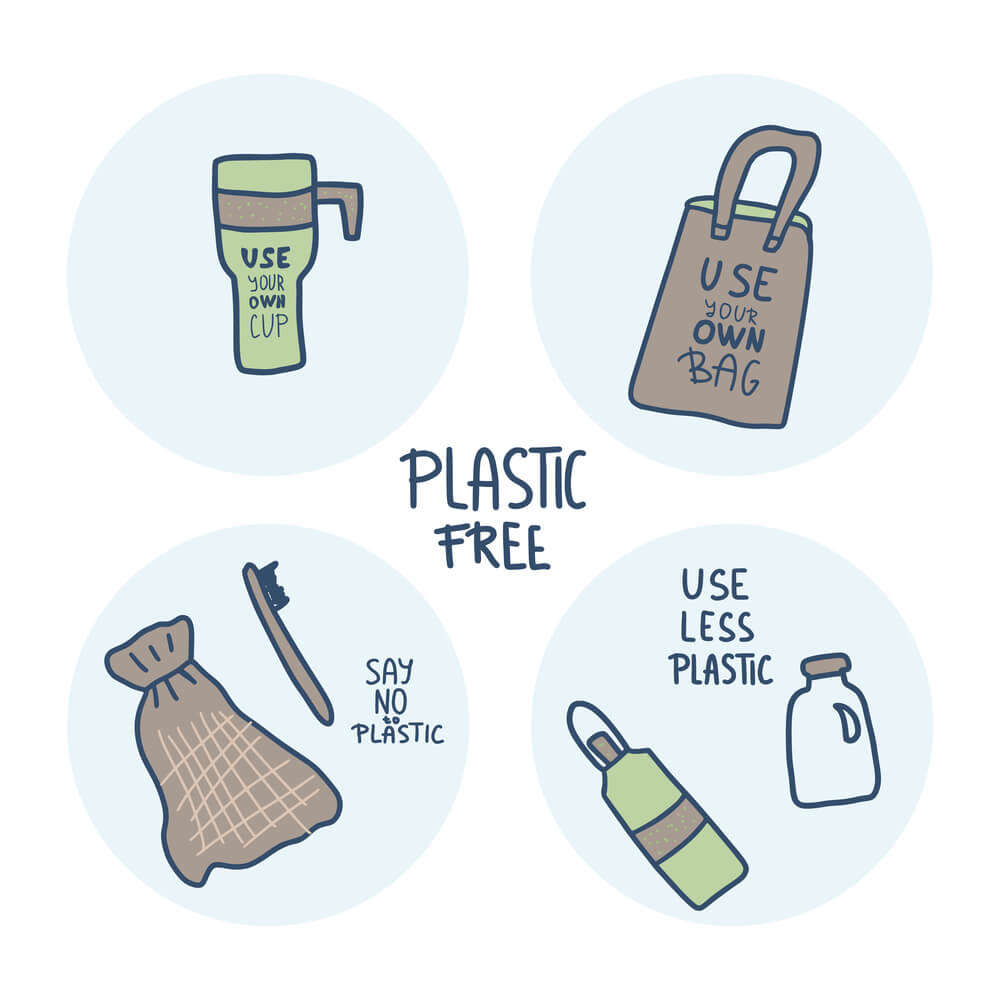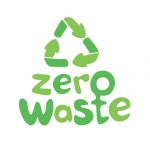Bamboo is among the most often used plastic substitutes available today.
There are numerous reasons why the environmentally concerned shopper prefers the fastest growing global grass to other materials.
Bamboo is both strong and light, with naturally antibacterial fibers and the ability to be gathered in an environmentally acceptable manner.
While this answers a lot of questions, one crucial one remains: Is bamboo biodegradable?
Bamboo is a completely biodegradable material.
The length of time it takes for a product to fully biodegrade is determined by the type of bamboo and its environment.
The process could take anywhere between a few weeks to more than ten years.
While a bamboo toothbrush in a recycling bin takes four to six months to degrade, it is dramatically slowed (five to ten years) if it is just placed outside.
What is Bamboo?
The bamboo plant is used to make bamboo packaging. Bamboo plants, contrary to popular assumptions, are not trees.
They belong to the grass family of plants. Bamboo grows in about 1,000 different species in various parts of the world, but primarily in Asia.
Bamboo is among the world’s fastest-growing plants. Bamboo, like trees, is renewable, yet it grows considerably more quickly than hardwood.
In a single day, one species can grow up to 35 inches! It takes 3–5 years for it to mature and be harvested.
This growth is also achieved without the need for pesticides, irrigation, or replanting.
As a result, there will be fewer environmental effects and more long-term sustainability.
What is Bamboo Plastic?
Bamboo plastic composites are essentially bamboo fiber blended with anything we can call plastic in general.
To further comprehend this substance, consider it to be made up of two parts: fibers and a matrix that holds them together.
Typically, the two constituent materials are combined and heat and pressure are applied.
Chemical reactions occur, and when the substance is cured, it becomes a strong material with useful qualities.
To assist bonding, additional chemical agents may be introduced.
Composite materials or fiber reinforced plastic are the terms used to describe these types of materials.
Is Bamboo Packaging Sustainable?
Then there were things made of bamboo, and then there was bamboo packing.
This begs the question: is this packaging environmentally friendly, or is it just another way to check the Green box?
Packaging constructed from bamboo fibers follows a similar procedure to that of paper and cardboard, and in most cases, no additional chemicals or additives are used.
Given the sustainability of bamboo as a raw element, bamboo packaging can be regarded as more sustainable than other packaging choices in this scenario.
‘Compostable’ or ‘biodegradable’?
Not only is bamboo biodegradable, but it can also be composted.
But what is the difference between these two phrases that are so closely related?
‘Biodegradable’ refers to an object’s ability to break down naturally anywhere (typically in landfills), whereas ‘compostable’ refers to a specific environment in which an item decomposes more quickly.
Compostable materials are placed in compost piles, where they break down and offer nutrients to the soil.
Materials return to the soil safely in both circumstances, leaving no waste behind, making them environmentally beneficial and sustainable.
Is it true that all bamboo products are biodegradable?
Bamboo is used for everything from toothbrushes, straws, and plates to flooring, drapes, and even entire houses.
However, in addition to bamboo, many of the items contain additional materials.
Silicone seals are commonly used in lunch boxes, and toothbrush heads also are composed of plastic.
This may seem self-evident, but it’s worth noting that only the bamboo components are usually biodegradable.
Keep in mind that the biodegradable portions must be separated from the rest to guarantee proper disposal.
The bristles of a bamboo toothbrush, for example, must be removed before they may be left to decay.

Is Bamboo Plastic Truly Eco-Friendly?
Well, sorta, partially, and occasionally. It’s difficult to tell what epoxy resins, polymers, as well as other chemicals were involved in the bamboo polymer composite production process from the standpoint of a consumer.
As a result, determining the genuine biodegradability of individual goods is not always straightforward.
What Makes Bamboo so Desirable?
One of the most crucial reasons for bamboo’s long-term viability is its biodegradability.
However, it has a number of other qualities that place it near the top of the list of renewable resources.
- Bamboo is one of the world’s fastest-growing plants. Some species can reach a height of 3 feet (36 in) in just 24 hours!
- Bamboo may grow in situations where vegetation would be impossible to thrive, such as stony hills and slopes.
- Bamboo clumps purify the air up to 30% more effectively than any other plant.
- Bamboo is a very strong material.
- Bamboo helps to keep soil from eroding.
- It has antibacterial and antifungal properties by nature.
- The crop takes around three years to establish itself.
The Biodegradability of Bamboo Recap
Bamboo has swiftly established itself as a prominent material in the market for sustainable materials.
Metal, plastic, timber, paper, and cotton are all environmentally beneficial alternatives.
Bamboo is now found in almost every aspect of our life, from toothbrushes to clothes to toilet paper and everything in between. It’s no surprise, then, that bamboo food packaging is in high demand.
For the food business, bamboo packaging is a renewable, compostable, and long-lasting choice.
Bamboo has become a popular material in today’s environmentally conscious world.
It has already taken off in Asian and Indian countries, and it is quickly gaining traction in Western markets.


